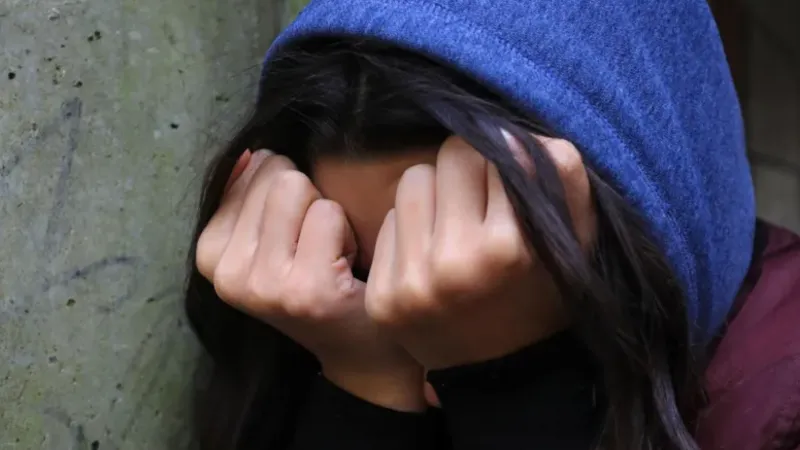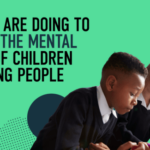New research suggests that some of the most vulnerable children are more likely to be denied mental health support compared to their peers.
The study, conducted by the University of Cambridge and the National Children’s Bureau, analyzed thousands of records from an NHS trust in London. It found that children from the most deprived areas were approximately twice as likely to be rejected by mental health services as those from the least deprived areas.
The research focused on NHS Child and Adolescent Mental Health Services (CAMHS) and revealed that children with general social work involvement were more than three times as likely to be turned away. This analysis, based on over 71,000 records from a large NHS trust, did not specify the trust to avoid singling out a specific service, as the issue is believed to be widespread across England.
While children with ongoing social work support or those on child protection plans faced higher rejection rates, children in care were less likely to be turned away. Researchers noted that CAMHS often require young people to be in a “stable place” to receive therapeutic support, which may exclude children in unstable family situations from getting help.
The report cautions that such requirements could lead to inequities in access for these vulnerable children, stating it is “unjust to exclude children from mental health support if their family situation never becomes stable.”
Prof. Robbie Duschinsky from Cambridge University described the findings as “sad” and “surprising” to many, though he acknowledged that they may not be surprising to families who have used these services. The study was prompted by concerns from individuals with lived experiences about inequalities in mental health service access for the most vulnerable children.
Anna Feuchtwang, Chief Executive of the National Children’s Bureau, highlighted that some children may never receive the support they need under the current system. She urged the government to urgently address the systemic biases within children’s mental health services, which she believes discriminate against particularly vulnerable groups.


